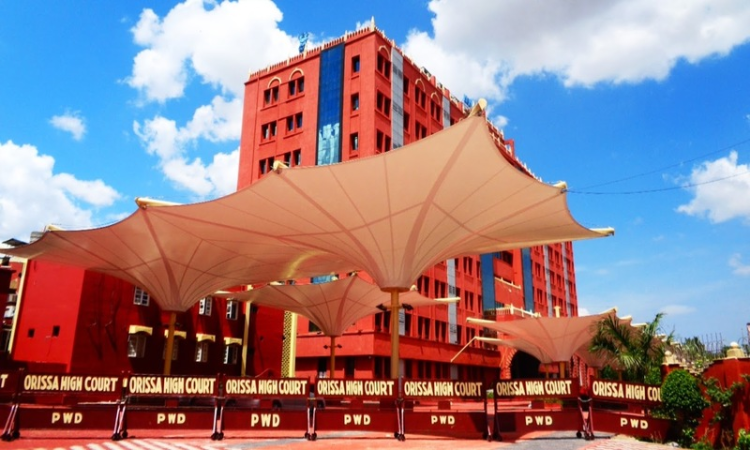The Orissa High Court has clarified that there is no strict rule that an ‘absconding accused’ must be given the benefit of acquittal in case his co-accused are acquitted of the same charges. While denying relief to a person accused of committing culpable homicide, the Single Judge Bench of Justice Savitri Ratho said,“…it is apparent that there is no universal rule that in each and...

